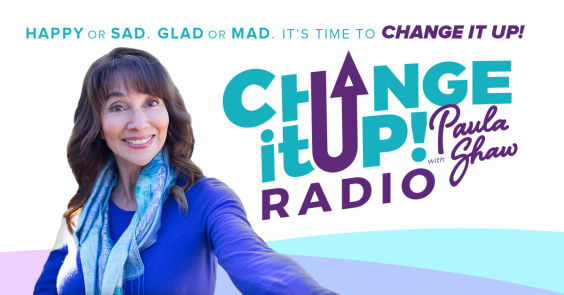Today we’re talking about better care for the elderly and tips to help families pre-plan for difficult life transitions.
This week our guest, Shirley Tabb, a Licensed Clinical Social Worker and Advocate in Washington, DC is here to provide up to date information to people about how to get the most positive experience from Medicaid Home Health Care Services and valuable government and community resources for the elderly, chronically ill, disabled, and caregivers who love and support them. We'll be talking about government policies that directly affect health care for the elderly and disabled, Hospice care, nursing homes and end of life issues today.
People often need to be surrounded by a circle of love as they age. They might benefit from the support of caregivers. And medical attention can be essential. But these simple statements bring to the fore more questions than they answer. Who supports the caregiver? What type of support do they need? And while it is certain that older people, as is the case with virtually everybody else, require medical care some things are much less clear. Precisely what form should this care assume? Do they need care that differs from that delivered to people in other age groupings?








